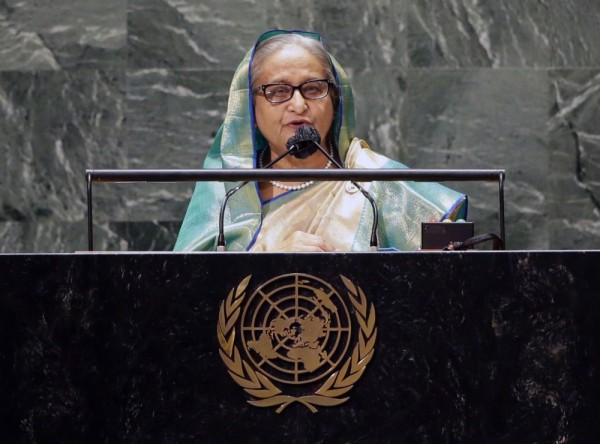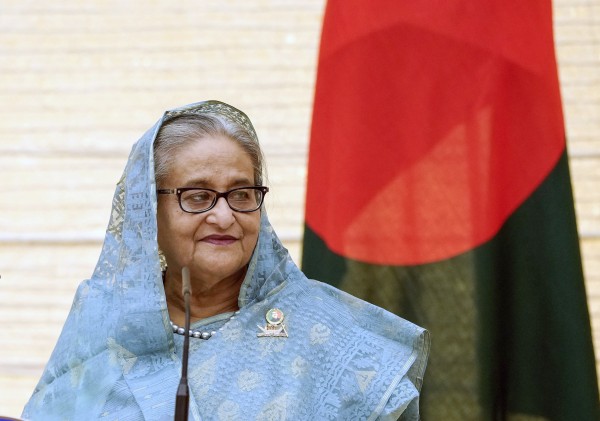The International Press Institute welcomes the enactment on 1 July of Bangladesh’s long-awaited Right to Information Act (2009), and the appointment, under Article 15(1) of the Act, of a three-member Information Commission, as an important step towards acknowledgement of the people’s right to access information..
IPI is concerned, however, that the regime of exceptions to the Right to Information included in the Act is too broad and the scope of information obtainable under the Act too limited.
“While the enactment of the RTI Act is a welcome development and Prime Minister Sheikh Hasina should be warmly applauded for her commitment to access to information, the Bangladesh government must now take all necessary steps to properly implement the law,” said IPI Director David Dadge.
“In doing so, the government should remember that access to information laws in democratic societies are about the proper disclosure of information for the benefit of civil society, and should never be used by governments as the blanket justification for reasons to hide information.”
In one of the reforms designed to facilitate implementation of the RTI Act, the government is to set up information delivery systems in government offices within 60 days of the enactment of the Act.
Talking to an IPI delegation in December 2008 about the need to promote investigative journalism and laws supporting it, Toab Khan, editor of Janakantha, one of Bangladesh’s biggest dailies, noted: “The right to information law is a milestone in the country’s history, but there are only four reasons for providing information, while there are 20 reasons for blocking information”.
The RTI Act overrides outdated secrecy legislation still in force in Bangladesh, such as the Official Secrets Act of 1923, the Evidence Act of 1872, the Rules of Business of 1996, and the Government Servants (Conduct) Rules of 1979.
The Right to Information Ordinance 2008 was drafted and promulgated by the caretaker government which ruled over Bangladesh until January 2009, when Sheikh Hasina came to power. The new parliament ratified the Ordinance on 29 March this year.


